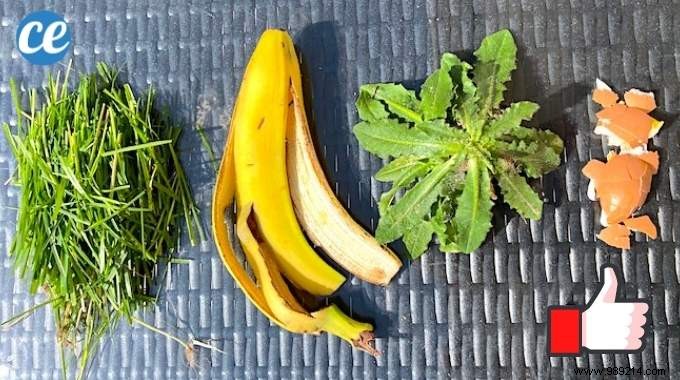
Fertilizers play a crucial role in nourishing garden soil. However, many store-bought options are loaded with harmful chemicals. As a gardener with years of hands-on experience growing healthy plants organically, I've ditched those products for simple, 100% natural homemade alternatives that cost nothing and deliver outstanding results.
These fertilizers use ingredients right from your garden or kitchen—no special skills required. Here's my proven list of 10 highly effective, natural options. Watch:
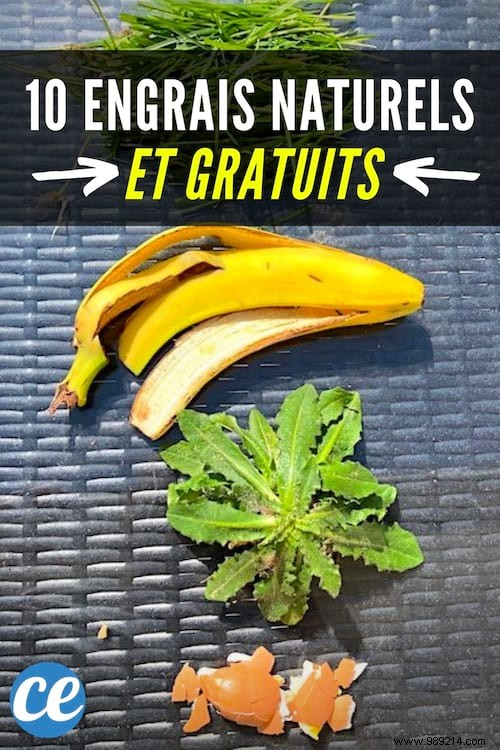
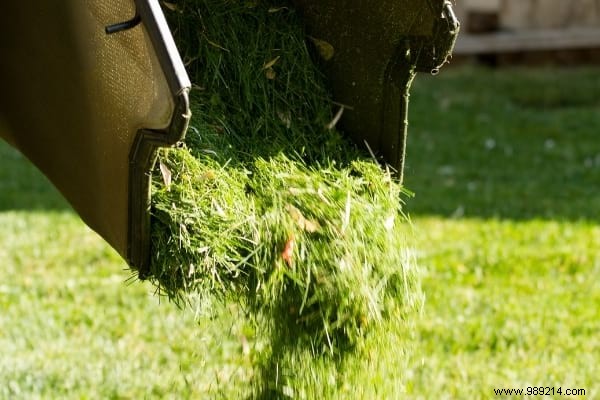
If you maintain an organic lawn, gather the grass clippings for your garden. A 2 cm layer serves as excellent mulch, suppressing weeds while providing nitrogen—a key nutrient for most plants.
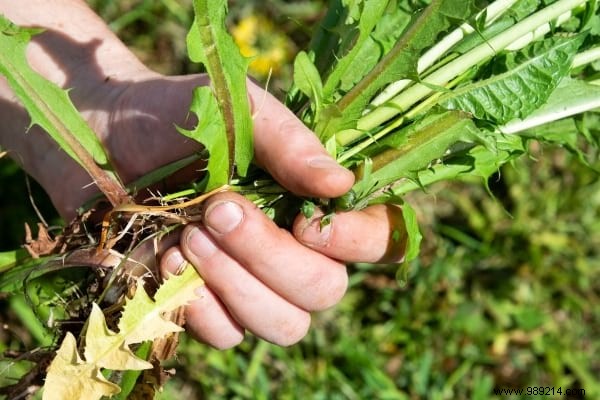
Like grass clippings, weeds are nitrogen-rich and make a fantastic natural fertilizer. To avoid reseeding, brew a "weed tea." Fill a 20-liter bucket one-quarter full with weeds, top with water, and steep for 1-2 weeks until it turns brown. Dilute and apply to your garden.
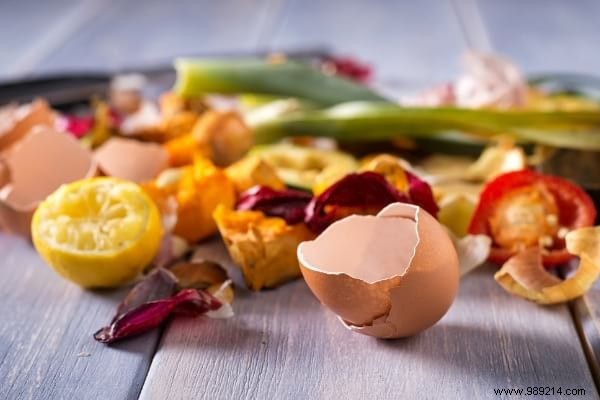
Transform kitchen and garden waste into compost. It releases nutrients gradually, sustaining soil for 1-2 years without reapplication. Compost also improves moisture retention, helping vegetable gardens flourish even in hot, dry summers.
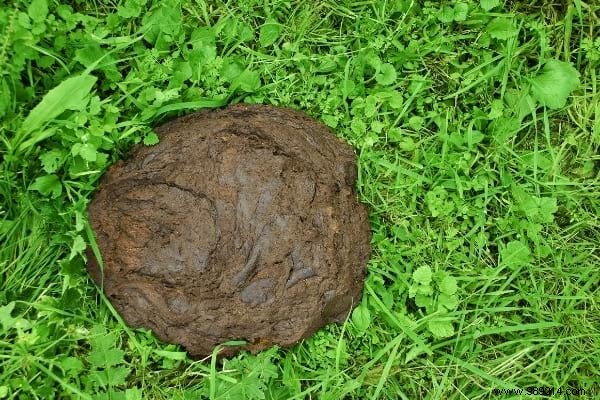
Manure from cows, horses, chickens, or bats is packed with nitrogen and nutrients. Use caution with raw manure—it's acidic and potent, risking plant burn. Opt for composted manure: milder, safer in larger amounts, enhances water retention, and breaks down quickly into odorless, effective fertilizer.
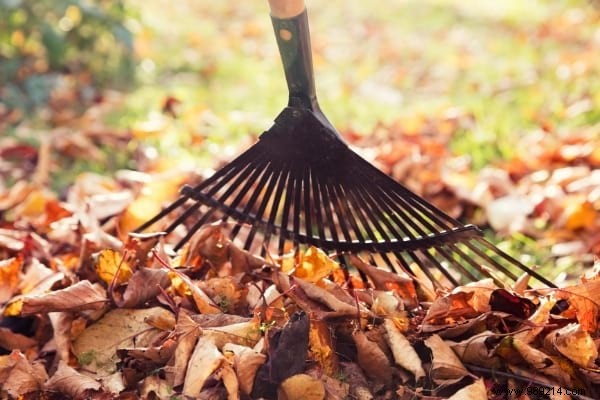
Don't discard fall leaves—collect them for your garden. Rich in trace elements, they attract earthworms, retain moisture, and aerate heavy soils. Shred and mix into soil or use as mulch to fertilize and control weeds.
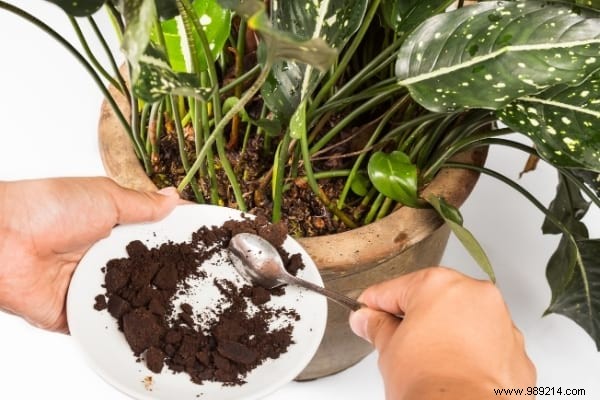
Coffee grounds excel as fertilizer, especially for acid-loving plants like blueberries, rhododendrons, roses, and tomatoes. Sprinkle on soil surface or brew a "garden coffee" by steeping up to 6 cups for a week, then water plants needing acidity.
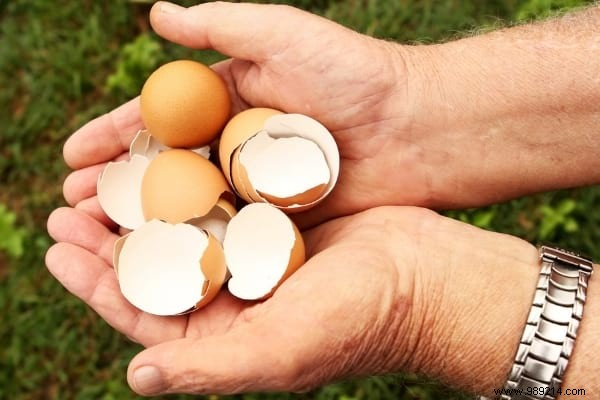
Like lime—which reduces soil acidity and supplies calcium—eggshells offer the same benefits at no cost. Composed of 93% calcium carbonate, crushed shells neutralize acidity and boost plant growth. Collect, dry, crush, and apply. Click here for more amazing uses of eggshells.
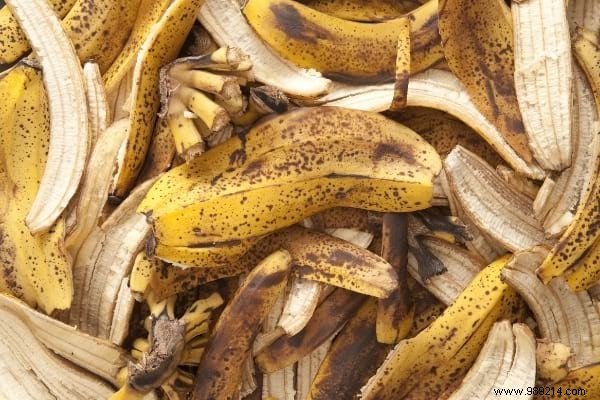
Potassium-rich banana peels benefit roses. Bury peels in a hole beside the bush or work into the topsoil as it grows, providing steady nourishment for vigorous development. Click here to discover the 7 uses of banana peel for the garden.
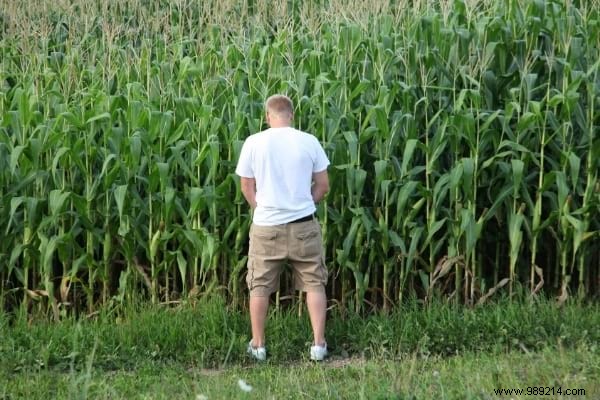
Sterile and nutrient-dense, human urine excels in nitrogen, phosphorus, and potassium. Dilute 1:8 (1 cup urine to 8 cups water). Apply 2 cups around small plants, 4 for medium, 6 for large—or add to compost. Lime is a totally natural fertilizer that you can simply buy in a garden center or here.
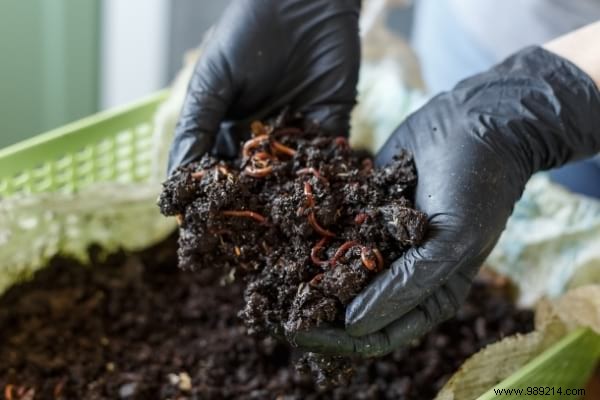
My top pick for DIY fertilizer: vermicomposting with worms. Safe worm castings are nature's purest plant food, repelling pests and fungi without burning plants. Start with 500g red worms in a medium, opaque plastic bin with ventilation holes. Layer 8 cm damp cardboard/newspaper, add soil and gravel, worms, more moist paper. Feed peels, eggshells, grounds under paper. Harvest castings after 2-3 months for potting soil or direct garden use.